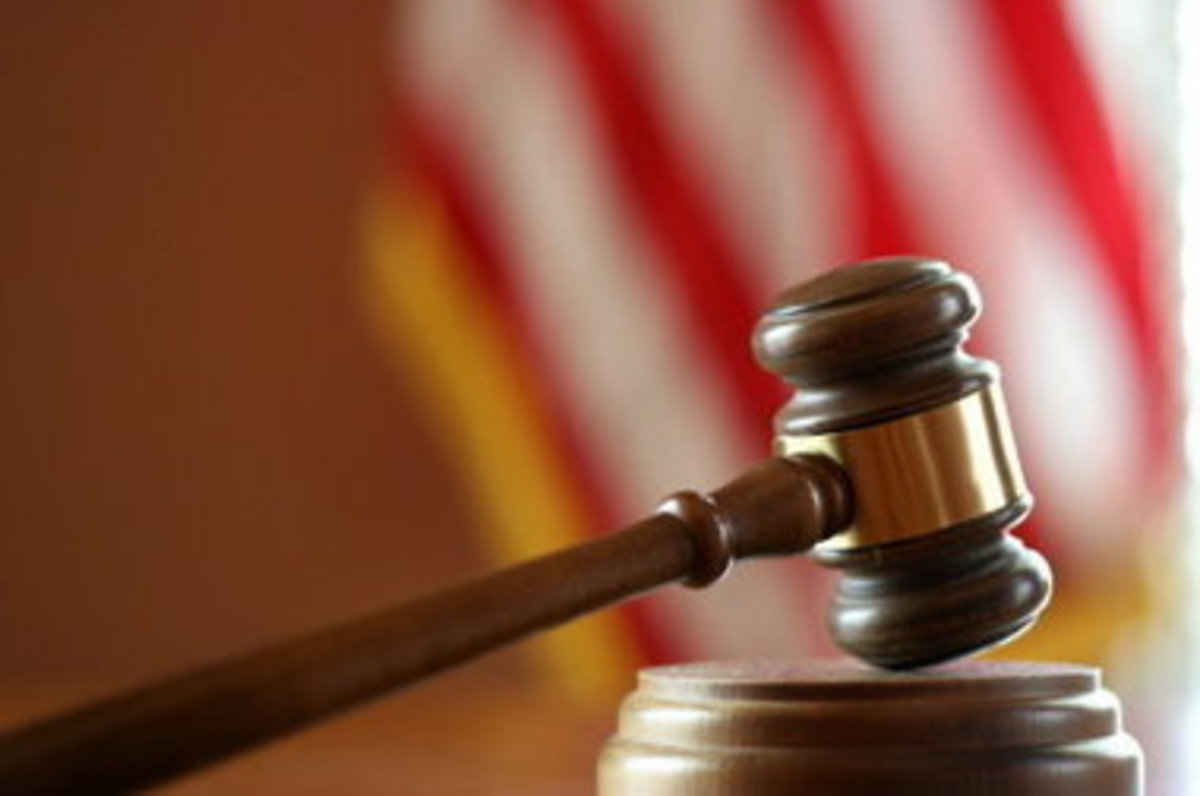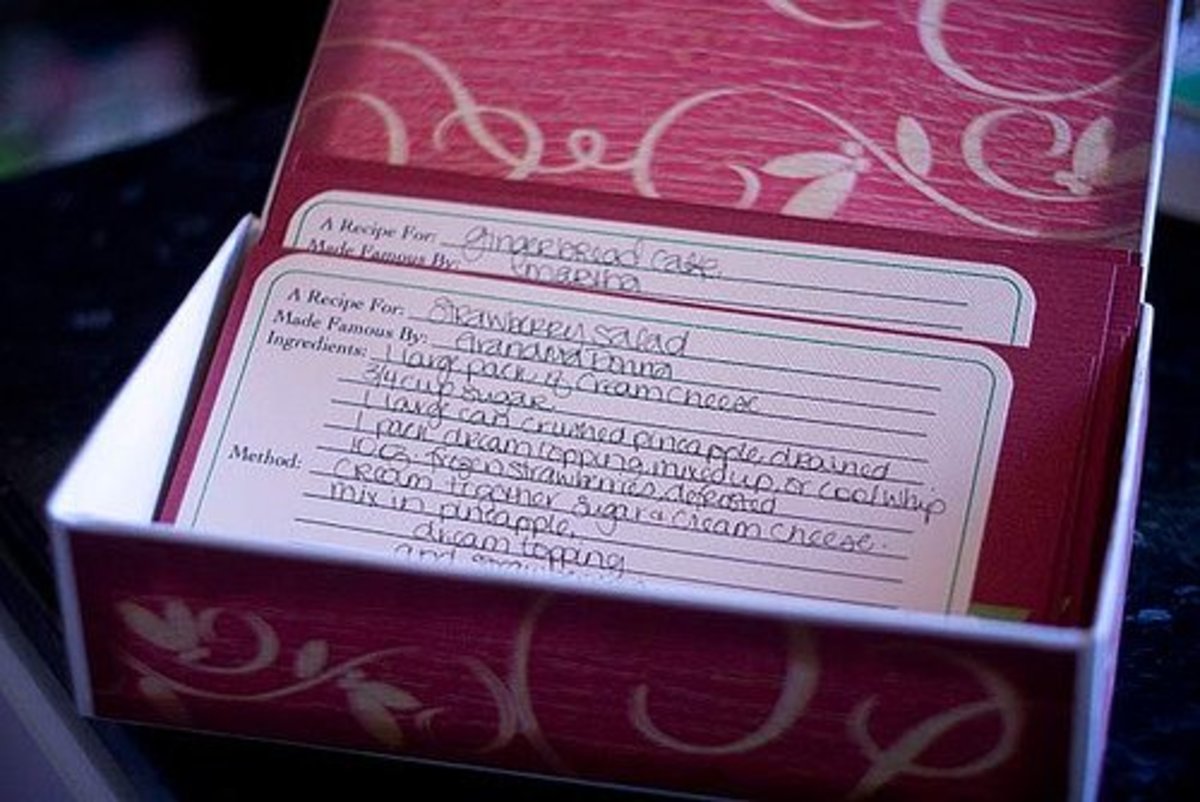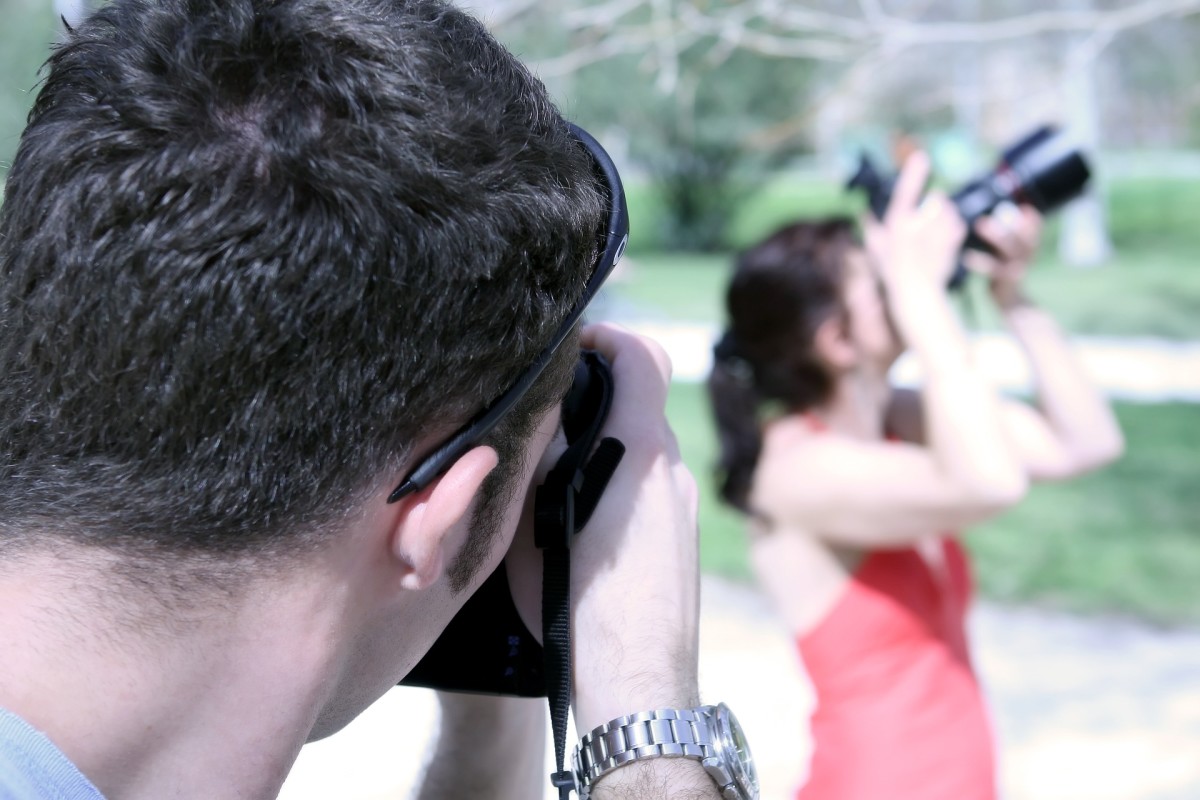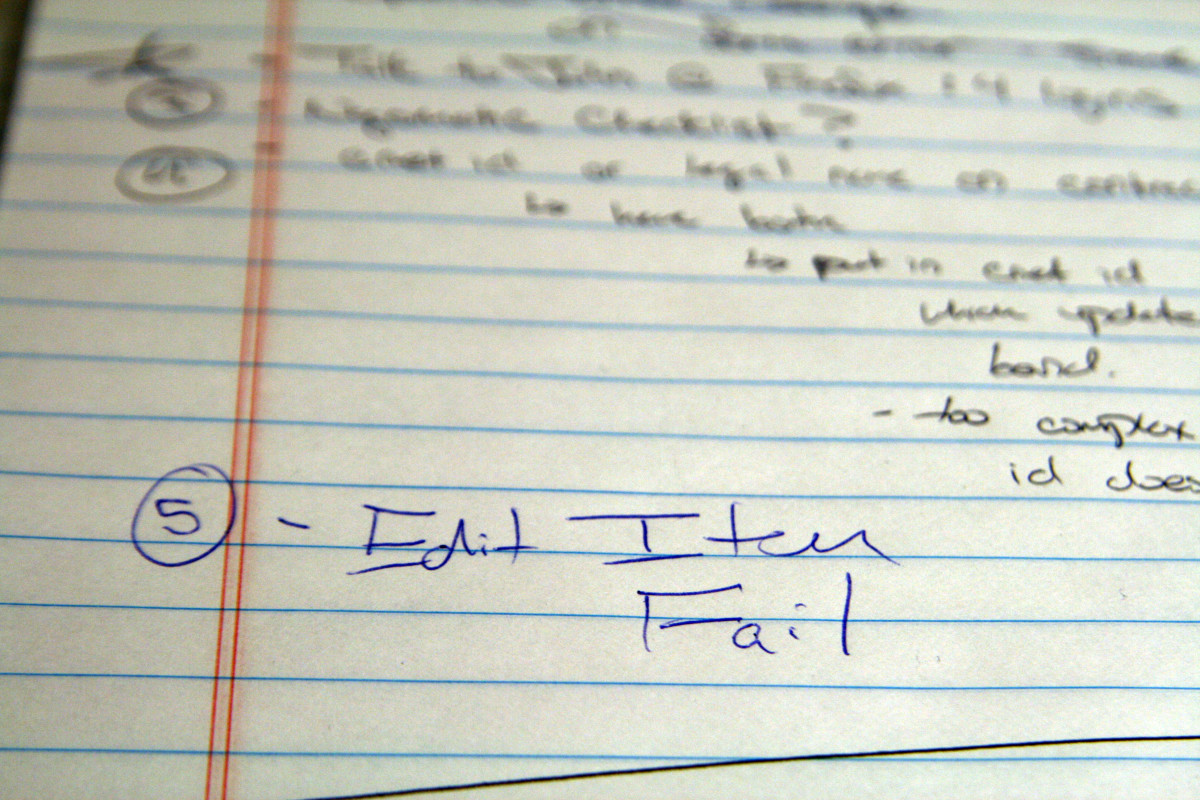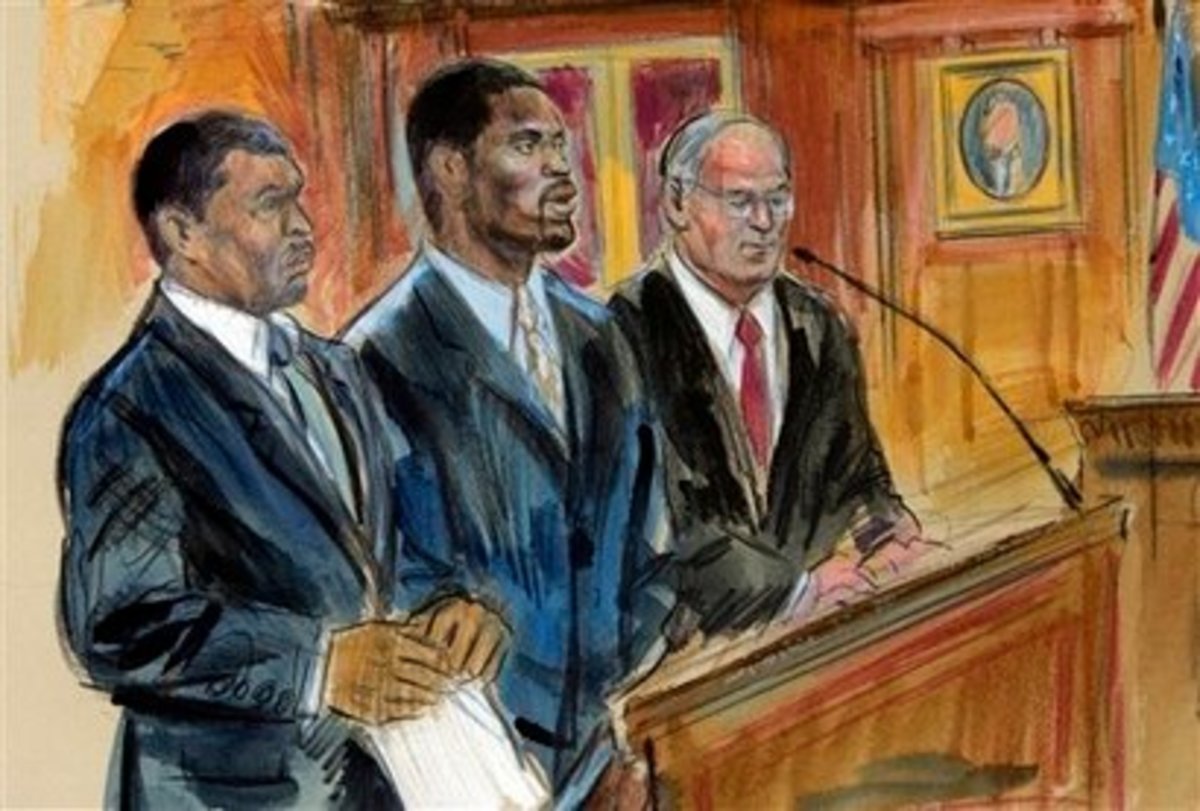Copyrights: Fact, Fiction and Fantasy!
Disclaimer
This article IS NOT legal advice and should NOT be construed as such.
This IS just stuff I've picked up along the way and thought I'd share with you.
It is NOT the final word.
Always consult an intellectual property attorney regarding copyrights before taking advice from a friend or advice you find on the internet (even here!).
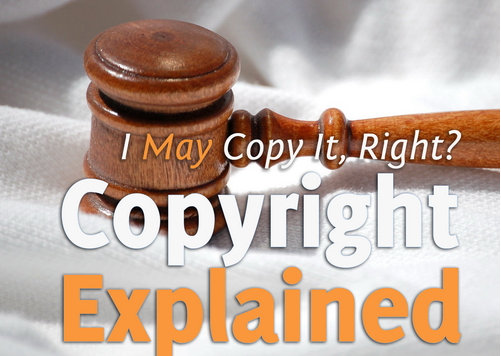
"Stealing" With A Capital "S"
The word "copyright" on someone else's work ...
- doesn't mean you have the right to copy it.
- doesn't mean you have to copy it right.
- doesn't mean you can rightly copy it.
- doesn't mean the work is 100% safe from being copied.
If you DID NOT write it, you have no right to put your name on it.
The word "copyright" was originally coined to allow the author to be the only person with the right to copy or reproduce his work. In recent years, self-plagarism has come into question and a disclaimer on the work showing the other places it was published usually takes care of self-plagarism issues.
If you copy something from any place, and put your own name on it, that is called plagarism.
If you copy something from any place, with or without putting a name on it, that is called copyright infringement.
Both are considered "Stealing" with a capital S because the article was not yours in the first place.
Putting the rightful author's name on it after you "steal" it is a nice gesture (called author credit) but most authors won't appreciate it or be amused by the gesture. You are likely to either get sued by the author, get shut down by your website host because the author reported you for infringement (a legal word for stealing), your website will be removed from the search engines, or if you have Adsense on your site, you will lose your Adsense account.
When an author puts their work on a certain website or in a certain venue, any readers who go there to visit are called "traffic."
If you put the author's work in another place so that the "traffic" reads the article in another place, you are stealing his "traffic." If your site ends up ranking higher or already ranks higher in the search engines, you can be accused of essentially stealing his website along with his traffic.
Chances are the author has an advertising campaign like Adsense installed on his site so that he can make money off the number of visitors, the ads they click, the products he sponsors with advertisements or by selling his work. So you are stealing from there too.
Please see the sidebar for information about a completely copied website which is basically a HubPages clone with your unauthorized work on it.
Here are some questions and answers that some legal sites have been answering for their readers.
Question #1
Question: When I copy pasted the article, I left the author's name on it, so doesn't that make it all right?
Fact: The sheer act of copy pasting gives the answer here. However, even if you typed it out, giving an author credit on the article is not a loophole to get around copyright laws. You still copied his article - in whole or in part - and that is still "stealing."
Rachael O'Halloran's Points of Interest for Copyright-Conscious Readers™
In the last two months, there has been another website created to look exactly like HubPages, in every respect. They (kakun.ru) stole an estimated 300,000 articles from Hubpages authors so far, with more being added (stolen) every week.
They clonedalmost the whole HubPages website in setup, presentation and hub format, and that is copyright infringement of the nth degree.
The site is in the Russian language and they used a translator program to translate every hub they stole. This is evident because when you visit their site, it translates to almost perfect English. Rarely does a translator program come close to perfect English in translation unless it was copied from almost perfect English with an English translator, which is what this website did.
They only stole content from HubPages authors. In most cases, HubPages authors' names have been removed and no name appears on the hub. In some cases they have put other names to your hubs. The site also has advertising programs, so they are making money from your hubs, hubs that you wrote for "HubPages," not them. .
The fact that the HubPages website has been copied in setup and hubs did not escape the notice of HubPages management. They have not commented in this matter either in public forum or in any private emails of which I am aware.
It is important for you to know that they can't do a thing about protecting your hubs.
The hands of HubPages management's (owners) are essentially tied because they do not own any the author content on the HubPages website. All HubPages authors, without exception, own the copyrights to their own hubs, and are therefore responsible for pursuing copyright infringement incidents of their work.
The cloned site has been reported quite a few times, and was successfully taken down once so far, mostly due to the efforts of Writer Fox and several other HubPages authors whom you will meet if you visit the forum "another HubPages cloned website" at hubpages.com/forum/topic/120933.
However, in recent days, the site has set up again with a different host. Now they have over 400,000 hubs, an increase of over 100,000 in less than two weeks. You and your fellow HubPages writers who all have hubs on that site are not getting paid for them and they are making a mint off your work.
It is up to each hub author to pursue removal of their work from this site and file to take down the site. Only if we keep acting in unison - as a group - the more attention will be given so that would-be future hosts will not give this site a domain to operate from and that will go a long way to first remove the site, and bar them from finding a domain to host them.
There is strength in numbers and if you join in to be part of that number, authors can support each other in the cause to get back the works.
In some cases, depending on their host, DMCA will not be filed with Google but with the host who has their own procedure. In other cases, DMCA will be on file for Google.
A word about filing with Google ...Your copyright infringement notice will probably appear on Google's Chilling Effects website. It will be just with your name and all your other personal information that they request will be blacked out. They ask for certain identifying information like a phone number or address and it is only done for verification. I promise that's the way they do it. My name is plastered all over that website because I've filed over 200 DMCA just this year so far and in each instance, they have followed the same procedure. They have never called me on the phone, or sent me a postal letter, but I do get email from them when they take down a site I have reported.
Please check HubPages Forum at hubpages.com/forum/topic/120933 for more up-to-date information and the name of the website so you can check to see if your hubs are on the infringer's website. Also at the forum are the name of their newest host and Writer Fox's directions on how to deal with foreign websites and hosts.
The system does work. Please join in and help protect the work on HubPages. Don't give up.
Good Luck.
Question #2
Question: Can I copy articles from websites based in countries who don't recognize copyright laws?
Fact: No, you can't. There are 168 countries who honor copyright laws in some form. You should not copy anyone else's work, no matter where they live. Copying is a bad habit, so don't start.
Question #3
Question: How long is my copyright good for?
Answer: Your copyright starts automatically the moment you create a work. As of April 1, 1989, everything created is automatically copyrighted and protected for as long as you live, plus 70 years in the USA. In other countries, it is for your lifetime and the number of years varies with each country.
Question #4
Question: I'm a professional magician, performing about 100 shows a year in small clubs in Atlantic City, New Jersey where I live. Someone filmed me performing a magic trick, figured out how I did it, then put their performance of my trick up on YouTube including the secret behind the magic trick. Can I sue them for copyright infringement for stealing my magic trick?
Fact: Magic tricks, or the ideas for such, are not copyrightable. As of this writing, copyrightable works are: pantomimes, the art of conveying emotions, actions and feelings by gestures, stories, journals, computer programs, literary works, pictures, graphics and all recordings (video and audio).
However, if your trick relies on a series of gestures or pantomime (as most magic tricks do), there could be an answer here. If you "paper" register the trick with the copyright office - complete with drawings and conceptual information, detailing any pantomime or theatrics with gestures, etc. - and you may have a way to copyright your trick so that you own it.
You must be the original author of the trick and the supporting paperwork must be "your" own. If the person who stole your trick revealed the way it was done, AND you have the trick registered for copyright, only then may you be able to sue under a new precedent set by the illusionists Penn and Teller, in their recent lawsuit win.
You must register a "paper" copyright within three months of the creation or within one month of when you noticed the infringement in order to be able to sue on any copyright infringement case.
Don't rely on advice you get off the internet (never a reliable source). Consult an intellectual property attorney for further advice. The above link shows a news article with drawing that was submitted for copyright and how Penn and Teller won their lawsuit against another magician in a similar type of situation.
Question #5
Question: I found these great photos on Google for my historical article. Because they are on Google, aren't they public domain and free to use?
Fact: Just because a historical photograph is on Google doesn't mean it is public domain. In fact, most of them have a copyright that belongs to someone. You have to do a little homework to be able to determine if it is free to use.
If it was created by the US federal government at any time, it is free. Next time you are searching for historical photographs, try to stay with reputable photo sites. There are many sites offering photos for free. Here are some rules of thumb regarding public domain photographs:
A photograph is considered public domain if it was created
- before 1923
- between 1923-1963 without a copyright notice
- between 1923-1963 with a copyright notice
- if the copyright was not renewed
- between 1964-1977 without a copyright notice
- created by the federal government.
In the United States, due to the last revision of the Sonny Bono Copyright Act of 1998, a copyright lasts for 95 years past the author’s death, so you will need to check to see if the author has died yet and if so, for how long. In other countries, the years after the author's death change and you will have to consult the Copyright office or a reputable site like Wikipedia who list more than 300 countries statistics.
If you locate the owner or the owner's agent, get written consent from them before use.
Extra! Extra! Read All About it! Bloggers Are Authors Too
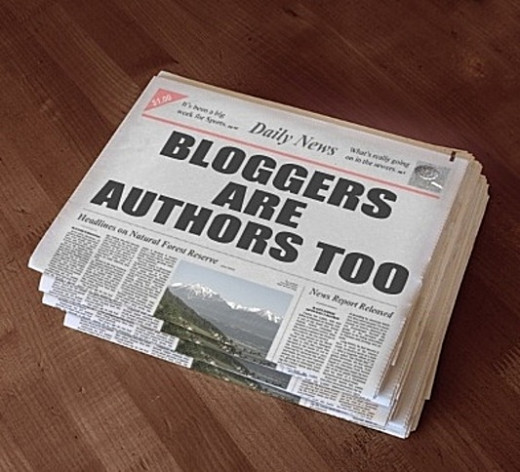
Stealing From A Blog Is Still Stealing
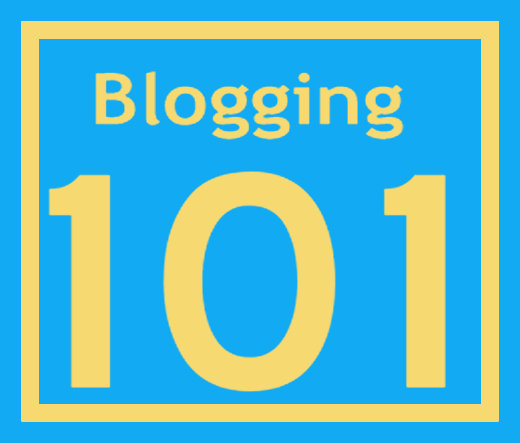
Question #6
Question: I found an article on a blog, so can't I copy that? My friend told me copyright laws don't count for blogs.
Fact: Your friend is wrong. Bloggers are authors too, and are covered under copyright laws the same as any other author.
It is fiction that copyright laws don't apply to blogs.
Question #7
Question: I paraphrased someone's excellent blog on immigration by changing a lot of sentences around. I even got out my Thesaurus to look up synonyms so I wouldn't be copying their words exactly. Is that considered stealing?
Fact: Blogs are the number one place to steal content from and most of the time, people think it is all right to do. It is not. Blogs are copyright protected.
If you took someone's idea and put it in your own words, that is paraphrasing, which is fine. To a point.
If you followed the blog, sentence by sentence, to "paraphrase each sentence," that is too close to copying and can be considered plagarism.
Changing a few words or turning sentences around to make compound sentences, for example, that is plagarism.
It is best to use your powers of recall after reading an article (or blog) to be able to summarize it in your own words, not the words or phrases that were in the original article. Ask a friend to lend a second set of eyes to look your final copy over to get another opinion as to whether your paraphrasing was too close to the author's original copy.
When you are done, ALWAYS list that author's name and article title (link if possible) as a reference because you were paraphrasing their article.
You Don't Need Proof
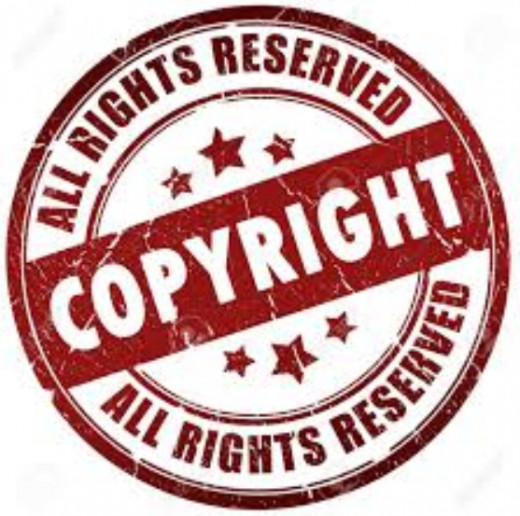
Question #8
Question: If the article doesn't have the copyright symbol on it, isn't it free for anyone to copy?
Fact: An article is never free to copy unless expressly stated on the article.
It does not have to have a copyright symbol on the article to be copyrighted.
It does not have to be registered in the copyright office to be considered for copyright. Any work is covered by copyright the moment it is created.
Do The Right Thing
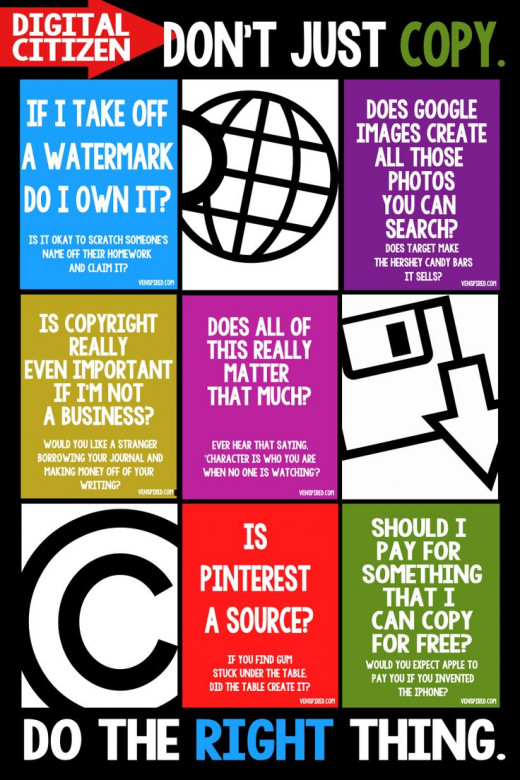
Question #9
Question: I created a cartoon character for a small insurance company for their summer program ad campaign while I was working for an agency. The company is super big now and says they own the copyright on my cartoon. I say I do. Who's right?
Fact: If you were employed by an agency, and provided an ad campaign for any of their clients, you were essentially a subcontractor - a work for hire employee. Anything you create while working for that agency becomes their property, unless you have it specified otherwise in a contract.
When they contract with clients, the typical contract is whatever the ad agency provides to them becomes their content and comes under their copyright.
Unless you had a contract with specific wording to stipulate that you retain your copyright to your creations, the "super big" insurance company owns the copyright to your cartoon character. Consult an intellectual property attorney for more personal and more specific advice.
Question #10
Question: I took some screenshots of my favorite singer performing on a YouTube video. Someone told me that using screenshots on my blog is considered "fair use." Are they fair use?
Fact: Yes, and no. It depends on what, how much and where you are going to use them. If you can pass the Four Step test, you will have your answer. Some more examples appear at the end of this question to help you decide.
Step 1. The purpose and character of the use, including whether such use is of commercial nature or is for nonprofit educational purposes.
- 1a. Purpose and Character of Use. If you are using the screenshot to criticize (analyze), compliment (tribute), give commentary as in opinion or reviews, report as in news reporting, in teaching (not limited to a classroom), or for research, it is not considered copyright infringement. This probably covers most blogs and personal websites, but there are other factors to consider. Continue to Step 1b.
- 1b. Where You Are Using It. If you are going to use them on HubPages, a blog or any website where you have an advertising program enabled on your account, you should disable ads for the article using screenshots. That doesn't get you off the hook of being accused of copyright infringement, because it could still happen. Answering Step 1a and the rest of these steps will help decide if you are within fair use.
Step 2. The nature of the copyrighted work.
- The Type or Kind of Work. It depends on what you have taken screenshots of. Is it a screenshot of a rare painting? Check copyright dates with the table below. Is it a celebrity "caught in the act" shot? Check fair use step number 1. Is it of a YouTube movie scene (still)? Again step 1 applies along with step 3 and step 4. Sometimes the original could become of more importance when dealing with screenshots that can possibly be reproduced millions of times in minutes. So if your site gets more traffic than the original site, and your site has the potential for users to reproduce the image over and over in short span of time, fair use likely is not an option. If screenshots of images are historical in value (documents, for example), the age listed in historical table below applies.
Step 3. The amount and substantiality of the portion used in relation to the copyrighted work as a whole.
- How Much You Are Using. If the original is 2,000 pages long, and you screenshot one or two pages, that is most likely not infringement. But, if the original is one page, and you reproduced just that one page, you have likely infringed on the copyright.
- How Much You Are Using. Contrary to popular belief, even if you alter it by scaling down (reduce or resize) the image to just 20% of the original, for example, you are still using the image in some form and still have to pass Step 1a.
Ste 4. The effect of the use upon the potential market for, or value of, the copyrighted work.
- 4a. Value. If your use diminished the value of the copyrighted work, that is copyright infringement. Commercial reproduction is closer to copyright infringement than it is to fair use because of the monetary gain from using the screenshot. The value of the copyrighted work may be diminished by your screenshot - why should anyone go see the original copyrighted version when they can see yours without navigating to another site? Thus would depreciate the value of the copyrighted work. If your site outranks the copyright holder in search engines (gets more views and traffic), for sure they will seek charges of copyright infringement because you are deviating traffic from their website. It is all due to the commercial gain factor - because you are making money off the screenshot on your site. If your screenshot hasn't hurt the earnings of the original image and if you're not making money directly from that image, you should be within fair use.
- 4b.Effect of Use on the New Site. Screenshots of game sequences (including screenshots of game levels) is considered unauthorized reproduction as stated on the Terms of Service on most games. Get authorization and you are good to go. However, the FCC has stated that game screenshots are legal non-deceptive advertising to help consumers in making comparative decisions. So while the game developers would probably not mind the screenshots extolling the virtues of their game, it is best to submit for permission.
- 4c. Effect of Use on the New Site. On the other hand, if you are using the screenshots to essentially badmouth (negative criticism) or to denigrate the subject matter, you can pretty much be sure it is NOT fair use of the screenshot. (see step 1)
- Fair use is the most contested use and often has to be decided in a court of law when the parties either don't get permission or can't come to a happy medium regarding the usage.
Here are some examples of how screenshots were used and the legality:
1. Screenshots of Lady Gaga were taken by an blogger-admirer, posted to his blog with less than favorable commentary about her performance. A week later, he got a certified letter in the mail from her attorneys, telling him to take down the screenshots or they would threaten him with legal action.
- If he had a blog that was monetized - where he made a profit from advertising, for example - then it would be in his best interests to take down the screenshots or he could be sued for copyright infringement.
- If he didn't monetize, chances are he wouldn't have to remove them and he could argue fair use by passing the four step test.
2. Screenshots of Facebook, Google and YouTube pages were admitted into evidence by the US government in court proceedings in United States vs. Hassan in order to prove their side of the case.
- Besides the fact that screenshots or photographs created by the US government are exempt and in the public domain, the screenshots entered into evidence were considered "fair use" in this case because they were used to make a point (commentary) and instructive (teach).
3. Screenshots of your computer screen showing how you use (instruct) a certain computer program (a type of photoshop program, for example), are not illegal and are acceptable to use, unless the program is still in development (has not been released to the public).
4. Screenshots of photographs you see on the internet (as opposed to downloading the photo), are considered copyright infringement if they do not pass the four step test. If the photographs are historical, chances are they are no longer within copyright and would be free to use but consulting the historical table below would be best.
5. Rachael O'Halloran uses screenshots of transcripts of court complaints in her Interactive Jury hubs. Because she is using them as instructive, commentary and in reporting fashion, they are not an infringement of copyright and are considered fair use.
Historical table:
A photograph is considered public domain if it was:
- created before 1923
- created between 1923-1963 without a copyright notice
- created between 1923-1963 with a copyright notice
- if the copyright was not renewed
- created between 1964-1977 without a copyright notice
- created by the federal government.
Advice about your own photographs
If you choose to use your own photographs - either on HubPages or on any other website - watermark your photographs with your name and present year so you are identified as the author. By watermarking them, you are laying claim to them to back up any paper copyright you will file within one month of noticing any infringement. One month filing time is key, and not flexible.
Try to put your watermark in the center of the photograph because more and more, people are cropping out watermarks, putting their own text on a photograph and claiming it for their own.
There is nothing worse than seeing your grandchild being claimed on someone else's Facebook page or blog as their grandchild. Do it today.
Your watermark can be as simple as typing your name on the photograph using a GIMP or Picasa type program.
There are several FREE programs you can use to watermark but I like Picasa which watermarks on the edge, but allows me to add a second watermark in the middle by adjusting the cursor. Google the program "Picasa" and download it. It is easy to use and has plenty of prompts along the way. I also use it to make frames for my pictures, to add text, to adjust lighting, to straighten and to crop down to a smaller size.
The program I like the most for framing and making pictures is Pizap.com. When I'm done, I go to Picasa and watermark them. You won't always see my name blatantly appearing on a photo or picture, but if I said in the "Source" that I made it, you can be sure that my name is somewhere in the photograph as a watermark so that I can identify it as my own.
I hope this hub has been helpful to you. If you have any more questions, please post them and if I don't know the answer, I will research to see if I can find you an answer and also provide backup links for verification.
Thank you,
Rachael
Resources, References & Interesting Tidbits
A Google penalty can even find infringers at new domains.
What happens when you self e-publish with no copyright registration and someone steals your e-book
How To Copyright A Book - complete directions
Google's Advice About Copying Content (with old news of Google's 2013 Update)
Poor Man's Copyright (not legal in most courts of law)
Copyscape is a free Plagarism checker, this one is a fee-based checker
This content is accurate and true to the best of the author’s knowledge and is not meant to substitute for formal and individualized advice from a qualified professional.
© 2014 Rachael O'Halloran


